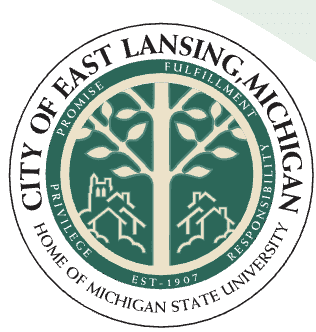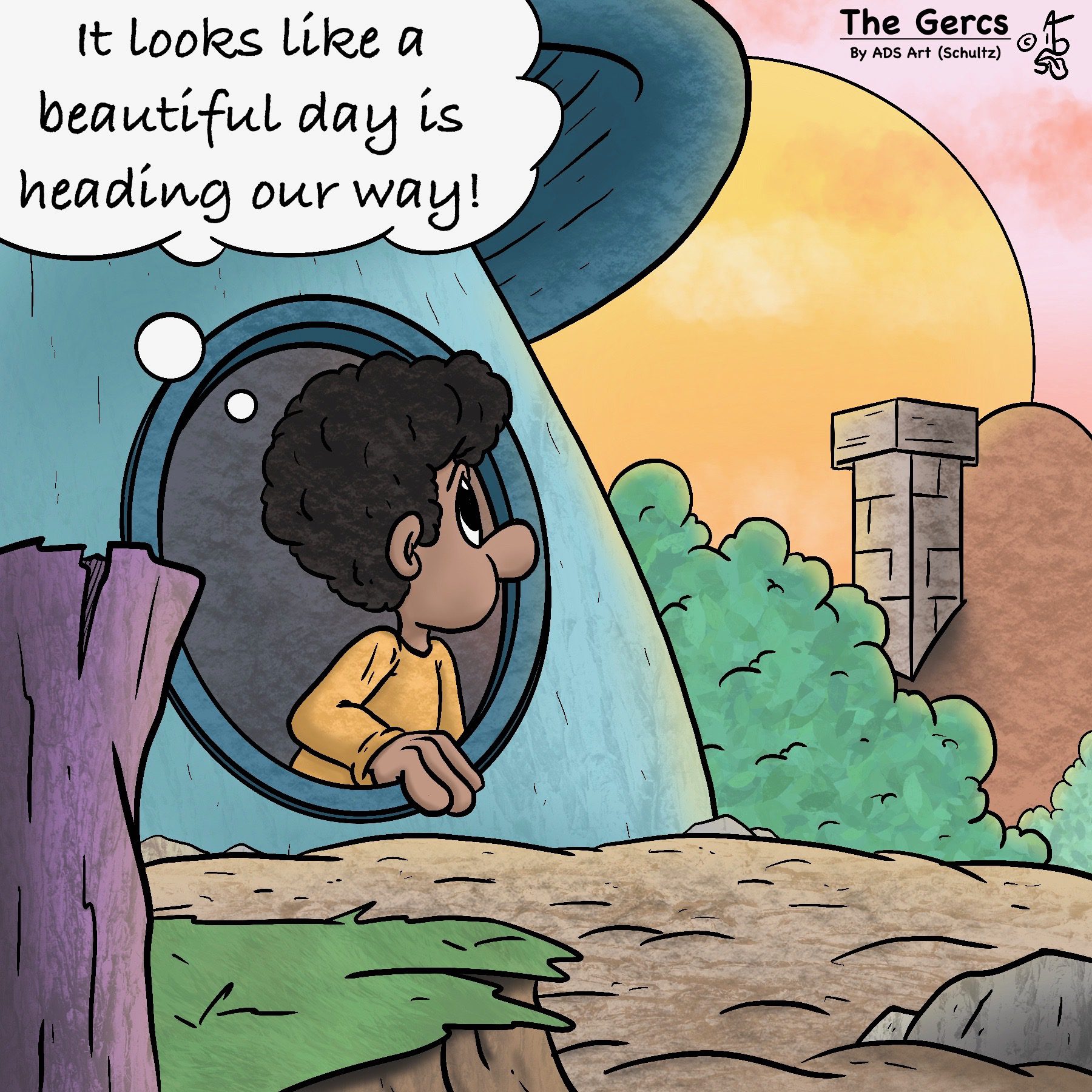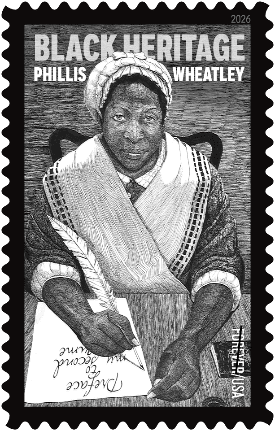Chicago Tribune
CHICAGO, IL — Times have been tough for Black-owned book stores. Right after the holiday season, Chicago institutions Semicolon Bookstore & Gallery and Da Book Joint both announced that they would be closing their locations.
But thanks to the efforts of their owners and community members who stepped in, the two businesses have been able to rebound.
Semicolon pivoted into a new space and Da Book Joint is staying the course, according to a Facebook post by Courtney Woods, co-owner of the Da Book Joint: “Somewhere in between the random acts of generosity, motivational speeches from current customers, and lots of prayer — we decided to keep fighting.”
Semicolon in West Town is known for its connection to the community since it opened in 2019. Early in the pandemic, it was hosting book giveaways for students to promote literacy in Chicagoland.
Da Book Joint opened its current location in the Boxville shipping container marketplace, 330 E. 51st St. in Washington Park, in November 2021 to give South Side residents better access to books. Making it through something as life altering as a pandemic only having to shutter now, when other business like theirs are trying to get a foothold, would have been tragic.

Owner Danielle Mullen closed Semicolon’s site in West Town on Jan. 6. to move to a new location that will open in Garfield Park this summer. The move will be the shop’s fourth in its five years of existence.
Mullen said it will be their last move for quite a while, given that their new headquarters will be in Fifth City Commons, a Preservation of Affordable Housing development with a retail space and restaurant. Molly Ekerdt, vice president of Preservation of Affordable Housing, said a question of what would fit well in Fifth City Commons came up at a community dinner, and Mullen’s business was mentioned. The timing struck a chord with Mullen.
Ekerdt said the development was approached with the mindset of, “Let’s talk to people and figure out what might work here,’” she said. “If you really work with and listen to people, you can make connections through word of mouth to get the kind of retail that supports life in neighborhoods that people want to see.”
Mullen said some Garfield Park residents came to her West Town location in 2023 saying Garfield Park deserves a Semicolon. At the time, Mullen considered having a second location across the street from Marshall Metropolitan High School. But she couldn’t afford to make the move.
When the Preservation of Affordable Housing reached out to Mullen to make it a reality at the same time she was parting ways with her landlord in West Town, plans fell into place. Under construction at 3155 W. Fifth Ave., it will be Semicolon’s home for the next 10 years. Mullen said the space will include the bookstore and a bar and restaurant, which will be run by Mullen and her wife, Kimberly Moore, who co-owns 1308 Restaurant near Goose Island.
“We’re happy to create another branch of that restaurant inside of the bookstore,” Mullen said. “Books are not enough for us to exist. The good thing is that we have now moved to a fully nonprofit model. So we’ve opened ourselves up for grants.”

Mullen says Semicolon’s handmade candles are big sellers that help with the bottom line and now she’s looking into selling her own brand of whiskey at book events in the restaurant. After hosting a cookbook author at Semicolon, Mullen discovered customers responded to programming where they can sample cookbook items cooked by authors. When the new location opens, authors will be able to cook their menu for a week at a time for customers.
“Selling your cookbook is one thing, but people want to taste the food,” Mullen said. “If you’re selling your cookbook and you want to come to Semicolon, you’ve got to make some food, honey! We’re creating a fully immersive space where you see all the best aspects of the culture at play. We have some other ways that we’re going to keep ourselves in play.”
That includes hosting comedy events, working with the Humanities Festival for an event with Joy-Ann Reid and hosting celebrities such as RuPaul. It’s all about getting things lined up that will move more than 500 books, that’s the key to Semicolon’s staying power, Mullen said.
But Semicolon hasn’t just had to endure moving pains. It’s had to compete with the idea that books are luxury items.
“When they’re considered a luxury item, and you can get them in a less expensive way, how can we win against Amazon,” she asked.
But the store endures. It dealt with theft worth hundreds of thousands of dollars in losses last year. According to Mullen, Semicolon was the victim of fraud by an employee in February. Mullen chalks it up to trusting people with information to run the business. While it set her back, it didn’t shut down the mission of Semicolon: Dedicated to bridging the literacy gap among minority communities by providing access to and building interest in books.
“We have a lot of work to do, but if around the age of 14 is where the interest in reading falls off, that’s where we’ve got to pick it up,” she said.
And Mullen remains positive. She is taking a break before the Garfield Park location opens. Construction should be finished by about June. She expects to host a block party to welcome the community into the space in August, when it’s slated to open. Mullen hopes having consistency with one location will help build the brand into something bigger that can be modeled for other cities.
“I would like to be in the cities that I love to hang out in. I’m thinking L.A., Atlanta,” Mullen said. “I want to be in the communities that require us the most. You can open a bookstore anywhere, but every community doesn’t need a way to get Black and brown kids interested in literature. I want to be in the communities that do because that’s what we’re great at. I know that’s my market and there are a ton of places that can use that type of community love.”
Da Book Joint owner Verlean Singletary, Woods’ mother, looks to provide that same type of community love in her shipping container store in Boxville near the Green Line. She was leaning toward moving to an online-only presence and shuttering the brick and mortar site because of inflation, competition with big-box stores who can discount their books more than independent bookstores, and the location of the store. The story posted on social media that it was to close Dec. 30 but then decided to hang on and keep the mission alive.

“We were going to shut down and pivot online because business has been pretty slow,” Singletary said. “But we did receive a lot of support from Urban Juncture, who’s our landlord, and also the community who want us to stay around. So we decided we are going to stick it out and we’re going to fight.”
The store posted its decision on Facebook on Jan. 3. Singletary and Woods run the shop on Fridays and Saturdays. Singletary said the pair are working with Urban Juncture on aesthetics and will be doing more programming to boost their customer base.
Plans include hosting more book events and pop-up events to make more people aware of the store, especially with Black History Month approaching, Woods said. Book fairs, book clubs with food and conversation are already being promoted.
“We’re definitely going to ramp up our efforts this year,” Woods said. “Keep reaching out to the community because really the way that independent bookstores around the country are going to thrive and survive is if we get support from the people who live in our communities and the people who are out here reading.”
Woods’ advice to the public: “support, support, support” the businesses to help keep them open.
“We have a dream, and most importantly, we have a mission,” Woods wrote in the Facebook post. “There is an extreme need for books on the South Side of Chicago, especially books that represent the very people who live & grow here. The South Side is already a book desert and finding books by Black authors is almost impossible. We will continue to uplift these voices and showcase their stories.”
Singletary agreed. “We’re gonna stay there until we can grow, to build ourselves up,” she said. “Our dream is to be able to be in a larger location where we’ll be able to have our books in store and also have a cafe inside where we’ll be able to serve hot and cold drinks to our customers.”
©2024 Chicago Tribune. Visit at chicagotribune.com. Distributed by Tribune Content Agency, LLC.




